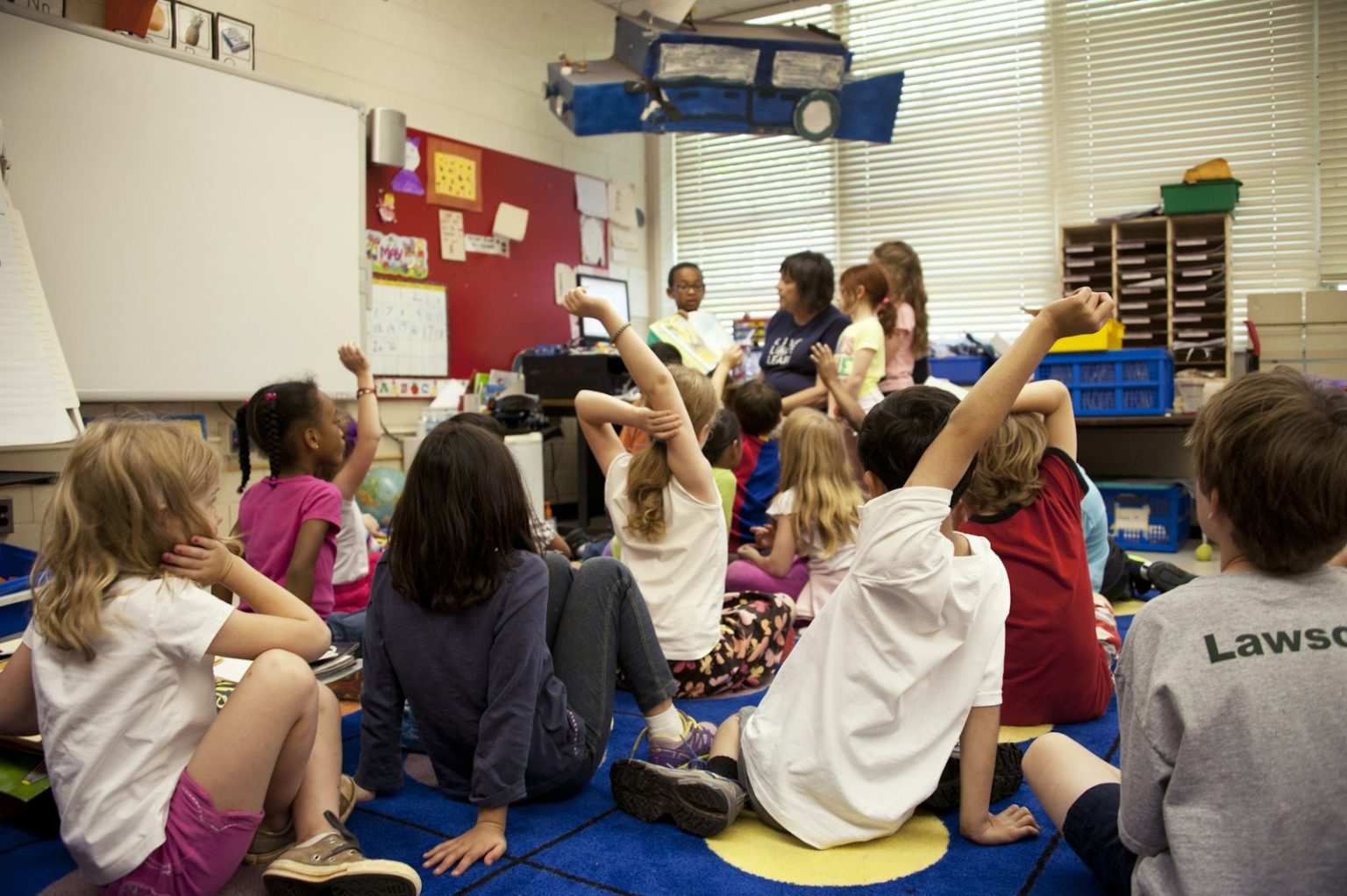Chicago Public Schools is currently in a heated political debate over a $175 million pension payment for non-teaching staff. The city has paid the Municipal Employees’ Annuity and Benefit Fund but is waiting for reimbursement from CPS. Mayor Brandon Johnson and former Mayor Lori Lightfoot say CPS should pay, while former CPS CEO Pedro Martinez maintained it is the city’s legal obligation.
CPS has stated it does not have the funds to cover the pension payment and the costs of a new teacher’s contract. A CPS spokesperson said, “Chicago Public Schools officials have been clear for more than a year that CPS, like many districts, is facing a challenging fiscal situation without federal COVID-19 relief funds and state education dollars that meet the state’s definition of full funding.
The debate has largely ignored the pension fund’s beneficiaries—the nonteaching staff who have dedicated years of service. Lashawn Wallace, a paraprofessional with CPS for 32 years, emphasized the need to fulfill these obligations: “This is our pension. We’ve done the work, and it should be paid.”
By the end of 2023, the MEABF had only about 24% of the funds needed to cover future payments.
Contributions must increase to reach a 90% funded level by 2058.
Pension payment debate intensifies
Former Mayor Rahm Emanuel had implemented tax increases to meet the city’s pension obligations. Still, Mayor Johnson’s budget last year passed with a very narrow margin, leaving limited options to address the gap.
More than half of the fund’s beneficiaries are current or former CPS employees. The anticipated shortfall has triggered discussions on whether to cut other revenues allocated to CPS or draw from city reserves, which could impact the city’s credit ratings. Alderman Scott Waguespack and other council members have demanded council approval for any movement of city funds to cover the deficit.
CPS Chief Financial Officer Jill Jaworski described the pension conflict as a “highly unusual situation” based on a “highly unusual history.” Unlike other school districts in Illinois, the city traditionally manages teacher retirement contributions for CPS. Changes initiated in 2020 shifted some costs to CPS as it became more financially independent. Projections indicate that CPS’s payment obligations could grow to $315 million by 2027, further stressing the district’s budget.
As the city and CPS navigate these financial tensions, the impacts on both the district’s economic stability and the involved employees’ pension security remain to be seen.
Photo by; CDC on Unsplash

